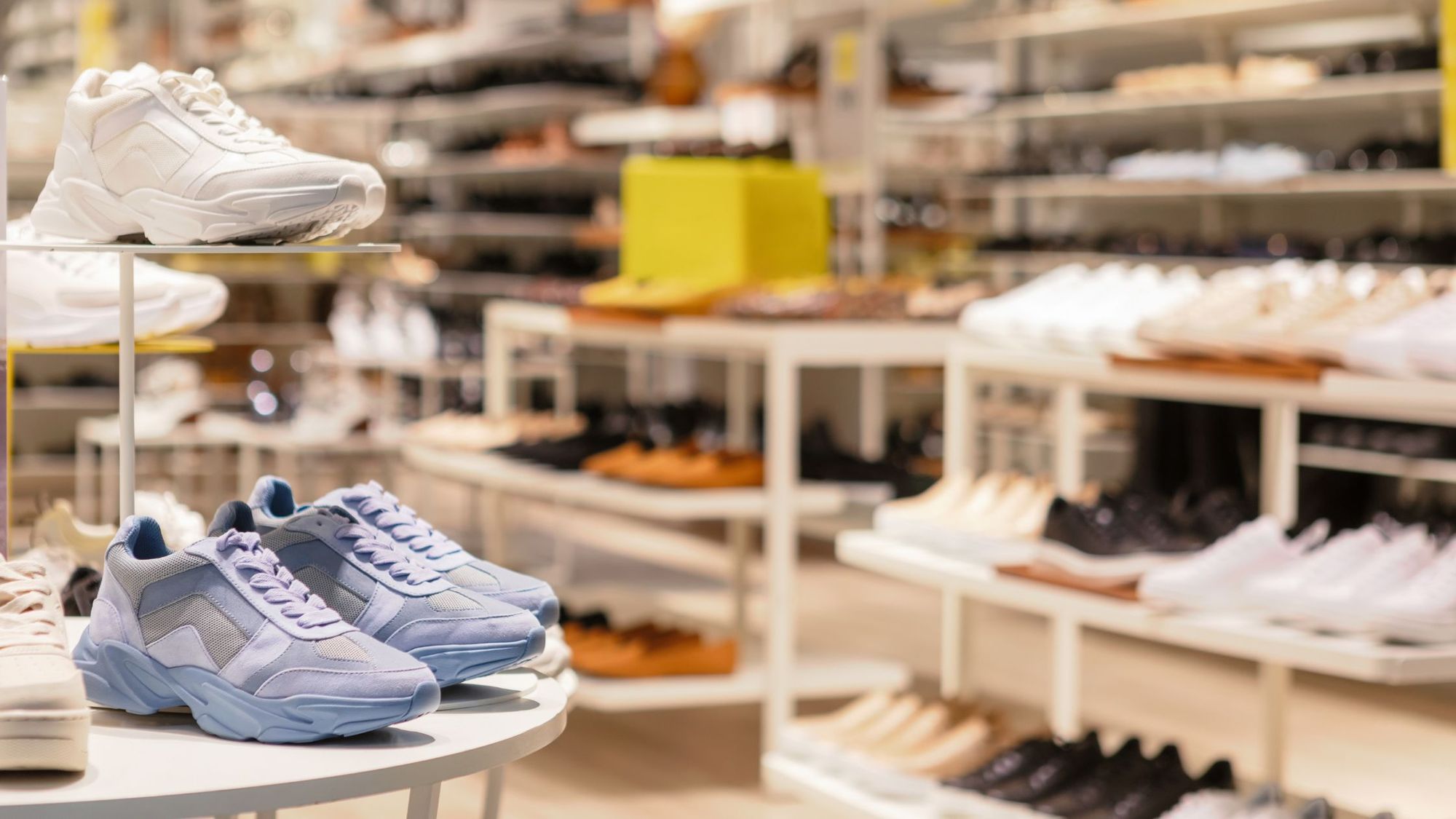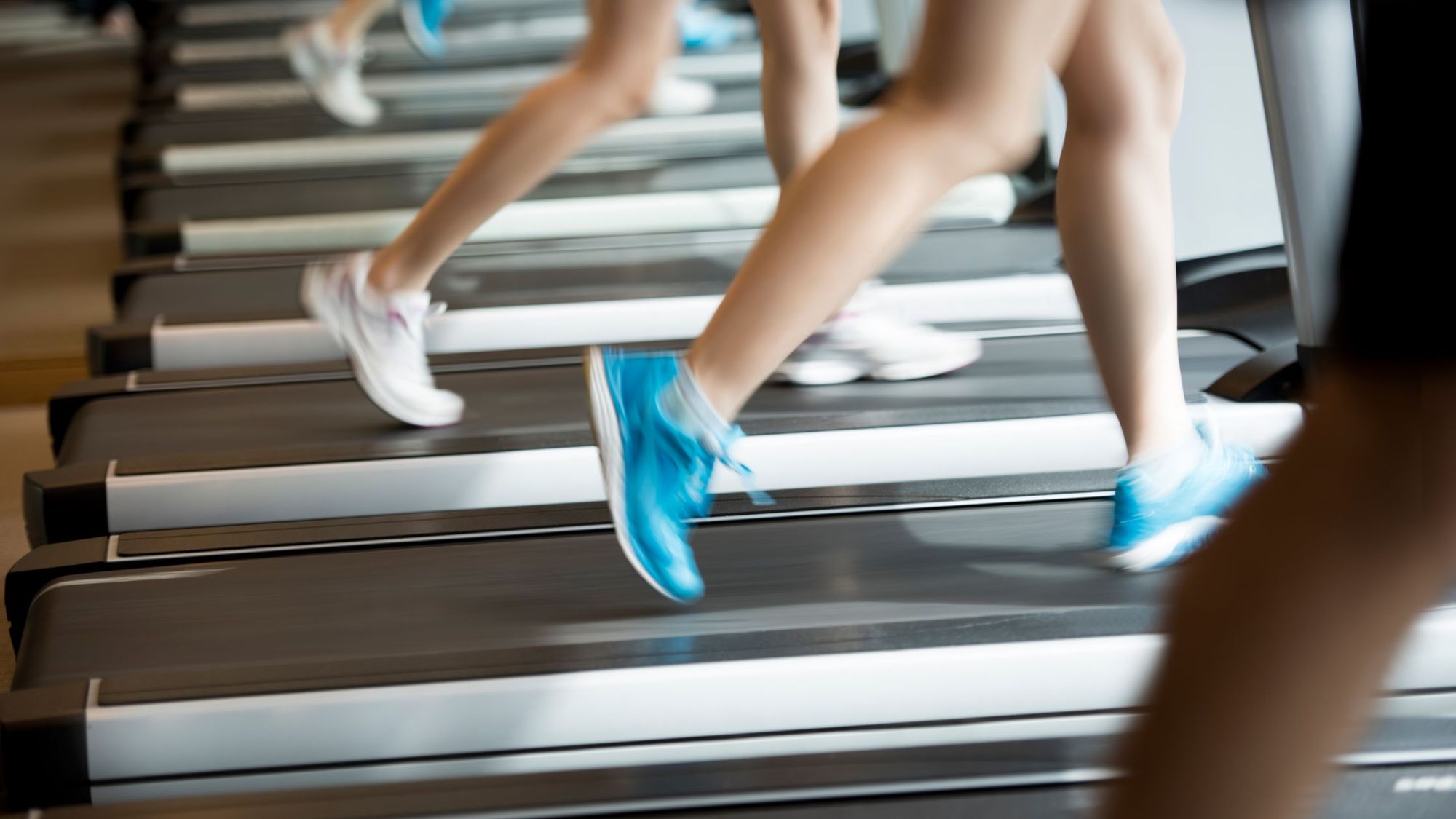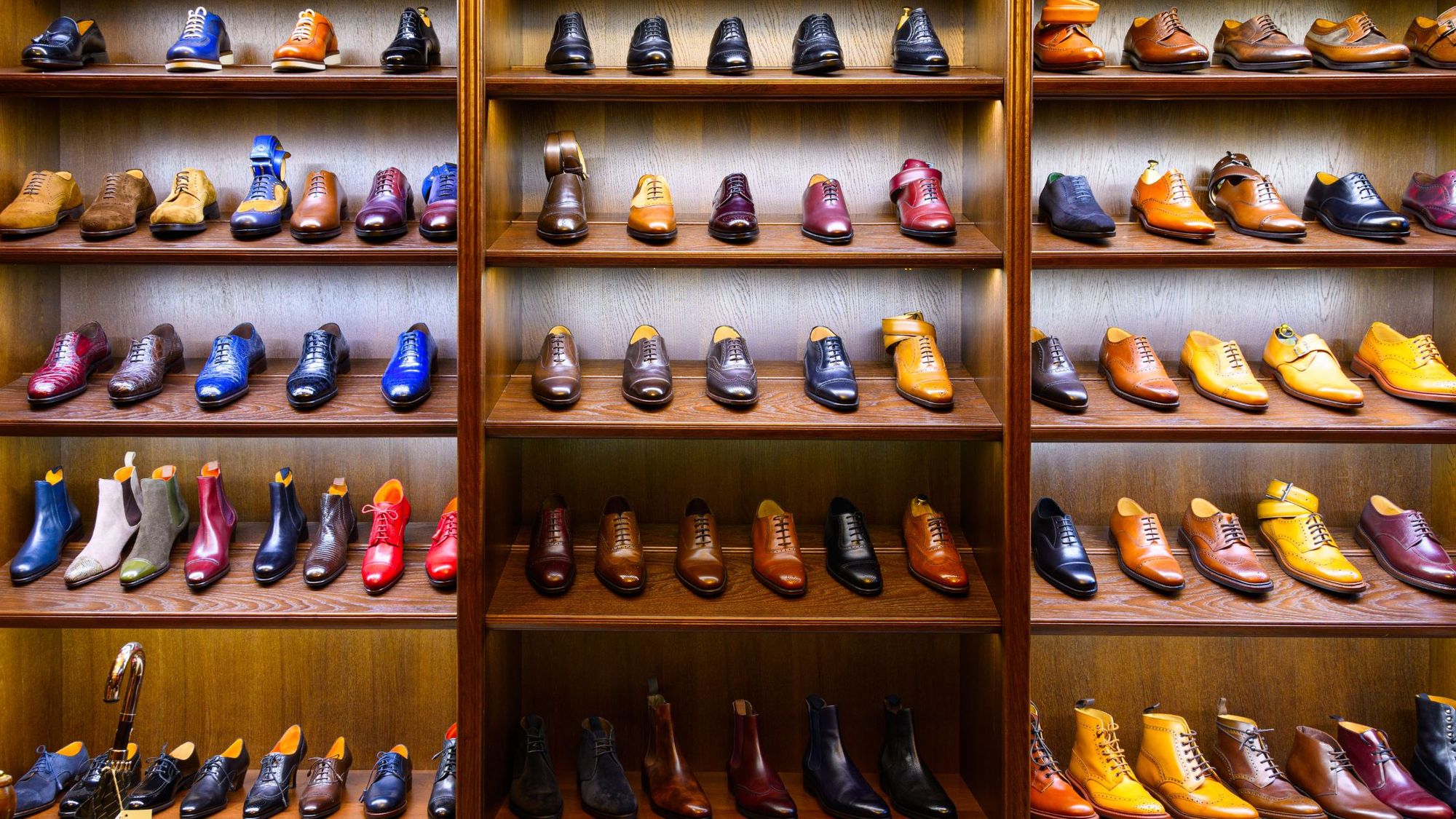
If you’ve ever considered buying a pair of arch support shoes, cushioned insoles, or a carefully-shaped and extra-supportive boot for hiking, you know how important the right shoes can be.
In today’s fashion-conscious world, it’s easy to allow the quest for style to cloud your judgment when selecting shoes. We all want footwear that matches our sense of style. However, the right shoe choice should always be more about function, protection and support.
Your feet are the foundation of your body. Much of your overall health and wellbeing depends on how you treat your feet. If you provide your feet with the support and comfort they deserve, you’ll benefit from improved balance, stability, and endurance.
It’s shocking how much longer you can endure on a hike, for example, if you’re wearing the right shoes. This is because foot pain from the wrong shoes on an endurance hike can make you feel like you need to quit.
The wrong footwear choice can hamper the performance of athletes and gym-goers as well, cause significant discomfort, and even contribute to chronic conditions of joint, muscle, and back pain. Whenever you’re planning an outfit for running, jogging, cycling, or any other physical activity, it’s worth paying the most attention to what you’re going to put on your feet.

Who Needs Supportive Shoes The Most?
Every person engaged in any kind of physical activity or exercise can benefit from the right set of shoes. The right footwear (such as arch support shoes for those with high arches) not only helps to keep your feet healthy, but it also makes physical activity easier, and reduces your risk of injury. You’ll feel more comfortable, confident, and able to perform when you choose shoes that fit you well, and adhere to the shape of your body.
However, some people will rely more heavily on certain types of supportive shoes than others. For instance, if you have wider, fuller feet, this means your shoes need to be extra wide and more flexible.
Furthermore, many shoes designed for overweight individuals use flexible materials to ensure you can leverage the muscles in your feet without causing strains or sores, and provide extra cushioning to protect the soles of the feet from weight-bearing strain.
Specialist supportive shoes are also available for:
· High arches: Arch support shoes are very necessary for people with a foot shape with high arches. If you have higher arches in your feet, this generally places extra pressure on the ball and heel of your foot, leading to increased discomfort, particularly during long periods of exercise. Most arch support shoes are designed to cushion the arch and help spread the weight of your body across your whole foot evenly. They also help to improve foot alignment.
· Tight Achilles tendons: Achilles tendon pain is common, particularly among active people. Every step you take engages the Achilles tendon, which connects your heel bone to your calf muscle. Shoes designed to resolve this issue will provide extra support for your ankles, to ensure they don’t roll out of alignment. They can also provide extra cushioning to keep your feet aligned when you’re running or walking. Someone with tight Achilles tendons who likes to hike, for example, should ensure their hiking boots come up quite high on the ankle for that extra support and protection. There are also many different stretches for tight Achilles tendons that help strengthen the area for reduced pain. A physiotherapist could show you these targeted exercises.
· Chronic foot pain: Foot pain comes in many different forms, from pain in your heel, to the ball of your foot. Extra-cushioned shoes are often particularly useful for people who regularly suffer from foot pain, particularly as a result of regular exercise. A metatarsal pad can be extremely useful for relieving pain and pressure from beneath the ball of your big toe.
· Plantar fasciitis: Causing approximately 1 million people to visit the doctor every year, plantar fasciitis is one of the most common foot complaints and it can cause a lot of foot pain. It causes discomfort in the bottom of your foot, along the arch, heel, and the area beneath your toes. If you have this condition, you’ll likely need extra cushioning in your shoes to help reduce pressure. You’ll also want to do a plantar fasciitis self-massage after your walk or exercises session, and these types of foot massages are self-guided and available on YouTube.

The Benefits of Making the Right Footwear Choice
Many of us rely on our feet for everyday activities, and exercise. However, we often overlook how different activities can affect our feet. A set of slip-on sandals might be fine for lazing on the beach, but they won’t provide the cushioning and support you need for walking or running.
Different types of shoes are specially designed to provide specific benefits, from extra grip when you’re running on different terrains, to improved cushioning around the joints in your feet and ankles. Choosing the right footwear, from arch support shoes, to hiking shoes helps to prevent injuries, and minimize your risk of additional pain.
Good footwear will reduce your risk of strained muscles, and bunions, and prevent pre-existing conditions from worsening. For instance, if you already suffer from pain in your joints, throughout your knees, ankles, or hips, the right footwear will keep your body in alignment.
What’s more, good footwear can make physical activity easier. It’s much simpler to push yourself to achieve your fitness goals when you’re not constantly being distracted by pain in your feet, or shoes slipping away as you move. Studies even prove choosing the right footwear can improve your sense of well-being, enhance sporting performance, and reduce the incidence of injury.
Your Hiking Shoes Should Be Different Than Your Running Shoes
Although it’s definitely an investment to buy supportive, high-quality or arch support shoes for different occasions, it’s a worthwhile investment since foot pain is extremely debilitating. How are you supposed to enjoy that long hike to the top of your favorite viewpoint without good hiking shoes preventing foot exhaustion and pain? How are you supposed to excel at your daily runs if your running shoes are sub-par?
You should absolutely invest in very good shoes for different purposes, such as the right shoes for running, hiking, walking, and gym shoes that are good for weight-lifting.
Give Your Feet the Support They Need
The right footwear is crucial to ensuring comfort and stability during any physical activity. Investing in a good pair of arch support shoes, running shoes, or hiking boots will ensure you not only reduce your risk of injury, but also get more out of every workout.
If you added insight on how to look after your feet, check out your CircleDNA report. You might find out that you have a higher risk of injury due to your DNA. Your CircleDNA test will tell you if you have a genetically tight achilles tendons, for example. If something like this is in your DNA, it’s especially important for you to buy supportive shoes and wear the right shoes when you go out to do any type of physical activity, even walking. A podiatrist (a foot doctor) is the best person to see if you constantly have foot pain after doing physical activity, even though you’re wearing good shoes. Your family doctor can refer you to a podiatrist who will have more insight for you about whether you need arch support shoes or custom orthotics.
Remember, your feet are the foundation of your body. Preventing foot pain and other foot issues with the right shoes is very beneficial in the long run. Treat your feet with the care they deserve, and you’ll find the rest of your body feels healthier, too.
References:
- Orthoinfo: Plantar Fasciitis and Bone Spurs
https://orthoinfo.aaos.org/en/diseases–conditions/plantar-fasciitis-and-bone-spurs - NCBI: Footwear comfort: a systematic search and narrative synthesis of the literature
https://www.ncbi.nlm.nih.gov/pmc/articles/PMC8650278/






